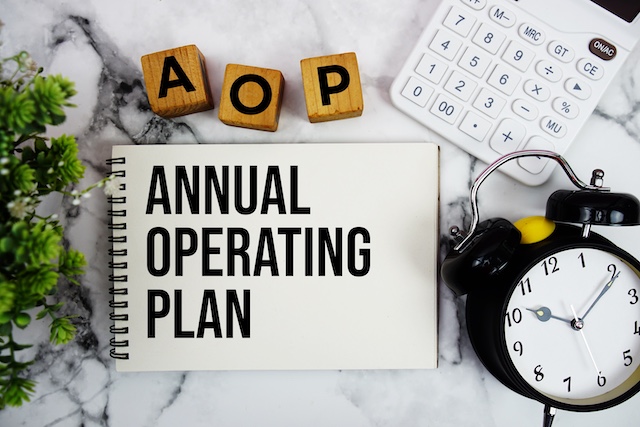What Is IRS Form 1099-SA?
IRS Form 1099-SA is a tax document issued by financial institutions to report distributions made from various types of savings accounts. Specifically, it is used to report distributions made from Health Savings Accounts (HSAs), Archer Medical Savings Accounts (MSAs), or Medicare Advantage Medical Savings Accounts (MSAs). The form provides important information regarding the amount of distributions made from these accounts during the tax year. Recipients of Form 1099-SA use this information to report distributions on their federal income tax returns. Additionally, the form is submitted to the Internal Revenue Service (IRS) for tax reporting purposes, ensuring compliance with tax regulations related to these savings accounts.
Do You Have to Report Form 1099-SA On Your Tax Return?
Whether you need to report Form 1099-SA on your tax return depends on how you used the distributed funds:
- Qualified medical expenses: If you used the entire amount distributed from your HSA, Archer MSA, or MA MSA to pay for qualified medical expenses, you generally don’t need to report it on your tax return. These expenses are typically outlined in IRS Publication 502.
- Non-qualified expenses: If you used any portion of the distributed funds for non-qualified expenses (anything other than approved medical costs), you must report the total amount on your tax return and pay income tax on that portion. Additionally, you might also face a 20% penalty on the non-qualified amount.
It’s crucial to carefully review your Form 1099-SA and consult a tax professional if you have any uncertainties regarding reporting or potential tax implications related to your specific situation.




